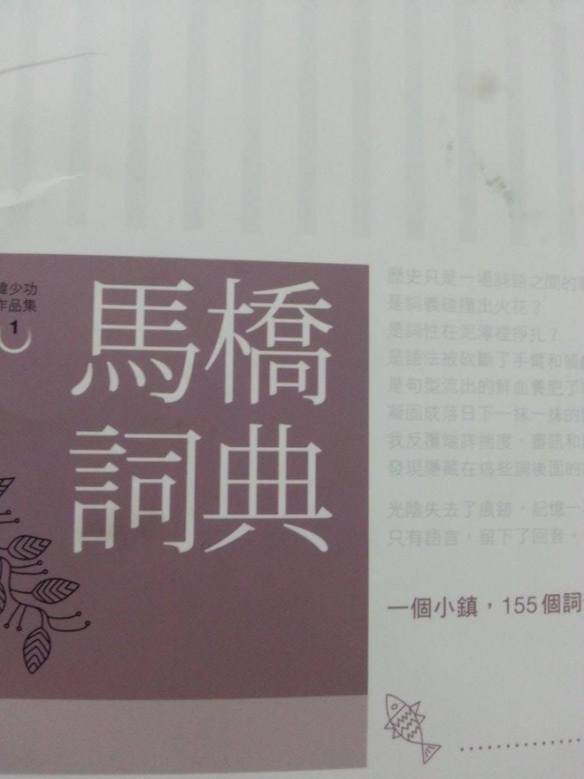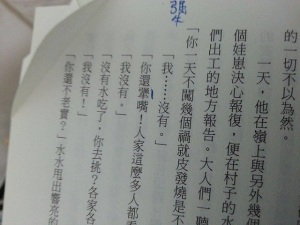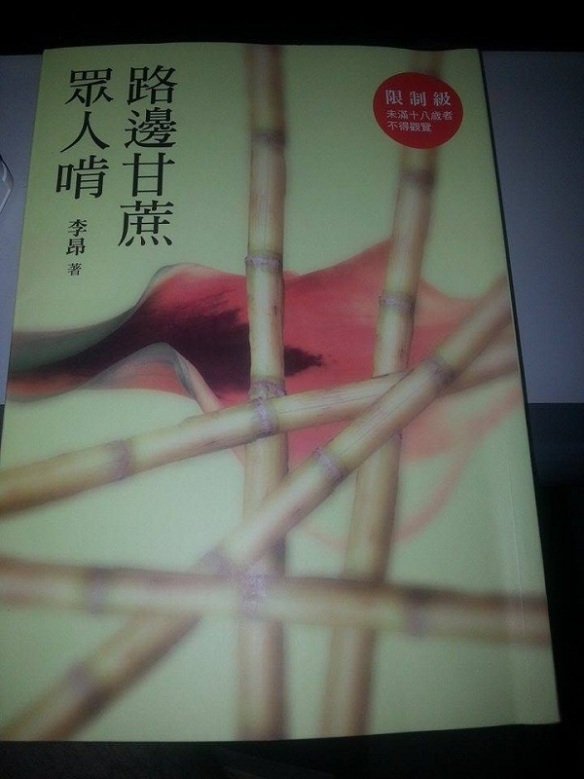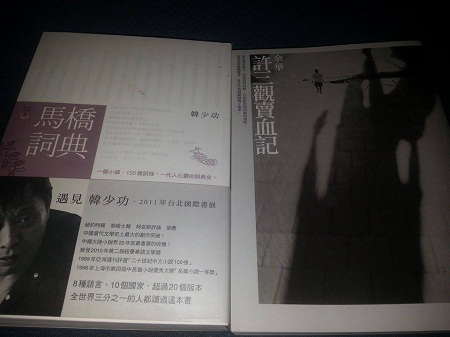A Dictionary of Maqiao is a really considered and philosophical book, whilst managing to retain an earthiness and wit throughout.  I liked the way the narrator poses the book as an effort to deconstruct traditional story-telling. He sees the traditional novel as directing its gaze selectively – focusing in on those things that relate to the central narrative, while ignoring the things that are on the periphery of this:
I liked the way the narrator poses the book as an effort to deconstruct traditional story-telling. He sees the traditional novel as directing its gaze selectively – focusing in on those things that relate to the central narrative, while ignoring the things that are on the periphery of this:
Things that can’t be put in the traditional novel are normally “insignificant.” However, when your focus is theocracy, science is insignificant; when it is humanity, nature is insignificant; when it is politics, then love is insignificant; when it is money, then aesthetics are insignificant. I suspect that everything in the world has the same level of significance, however, and that the reason that some things appear insignificant at times, is because they are filtered out by the author’s framework of meaning and are resisted by the reader’s framework of meaning, as they are not exciting enough. Clearly, these frameworks are not innate and unchanging, but rather the contrary, they are reformed by fads, habit and cultural tendencies – this mould is then set in the form of the novel. [My translation]





